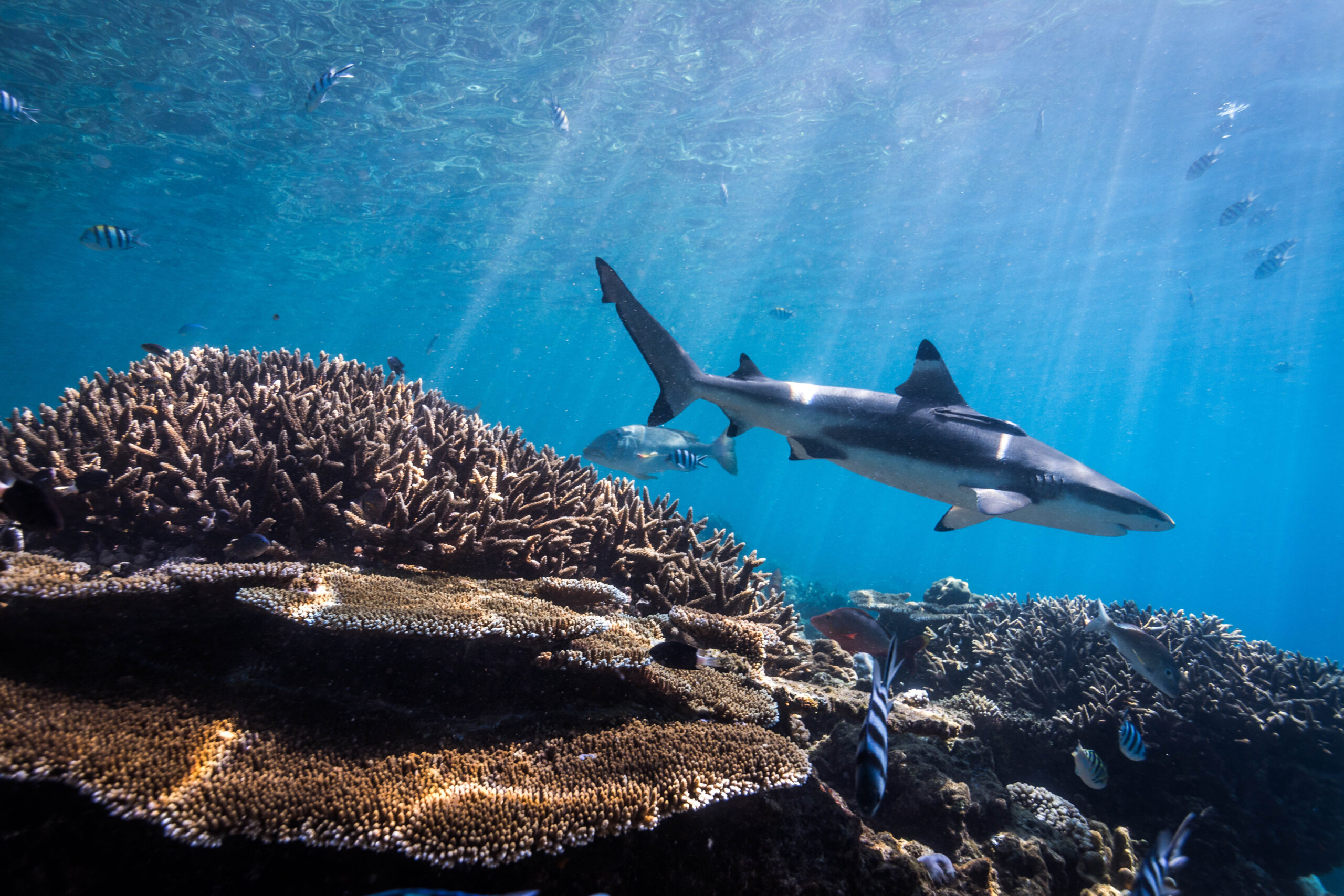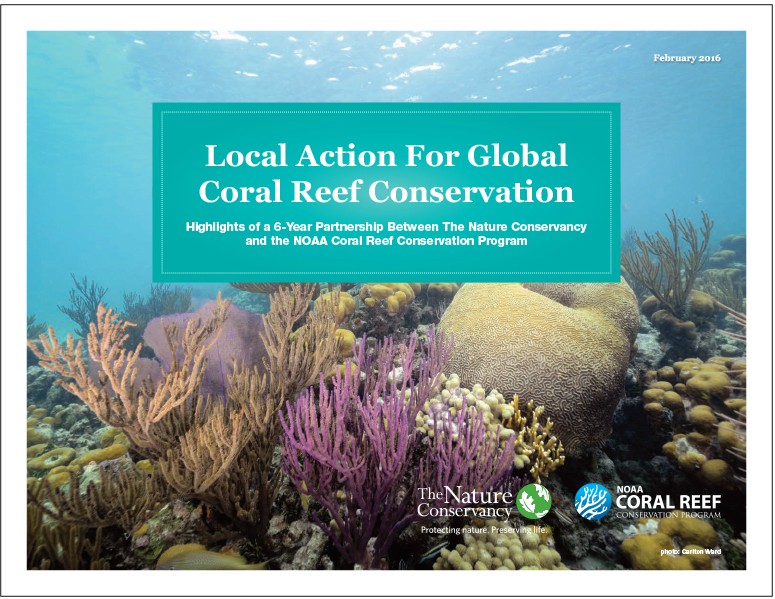
Local Action For Global Coral Reef Conservation
The Nature Conservancy, NOAA Coral Reef Conservation Program, and seven US coral reef jurisdictions completed a $10 million six-year partnership that supported the effective management and protection of coral reefs.
Preparing for Coral Bleaching in the Western Indian Ocean
David Obura, of CORDIO East Africa, presents an update on the coral bleaching outlook for the Western Indian Ocean for January through May 2016, and updated guidance (in four basic steps!) for monitoring the bleaching event and impact at basic, intermediate and expert...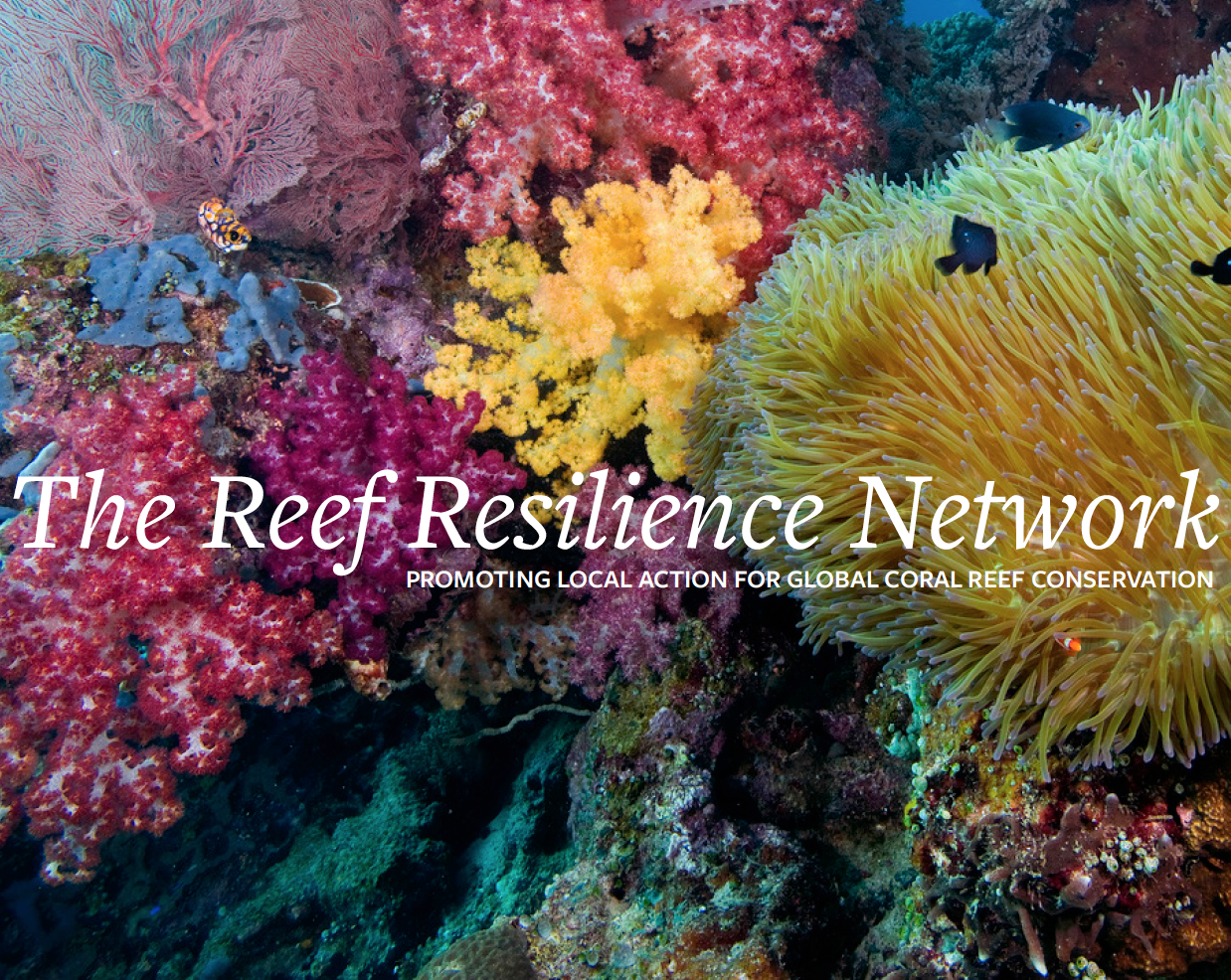
WE ARE 10!!!
Can you believe it? A decade ago, TNC – with the support of partners AROUND THE WORLD– launched the Reef Resilience Network, creating what would grow to become a global network of resource managers sharing ideas, experiences, and expertise to effectively manage our coral reefs and reef fisheries.
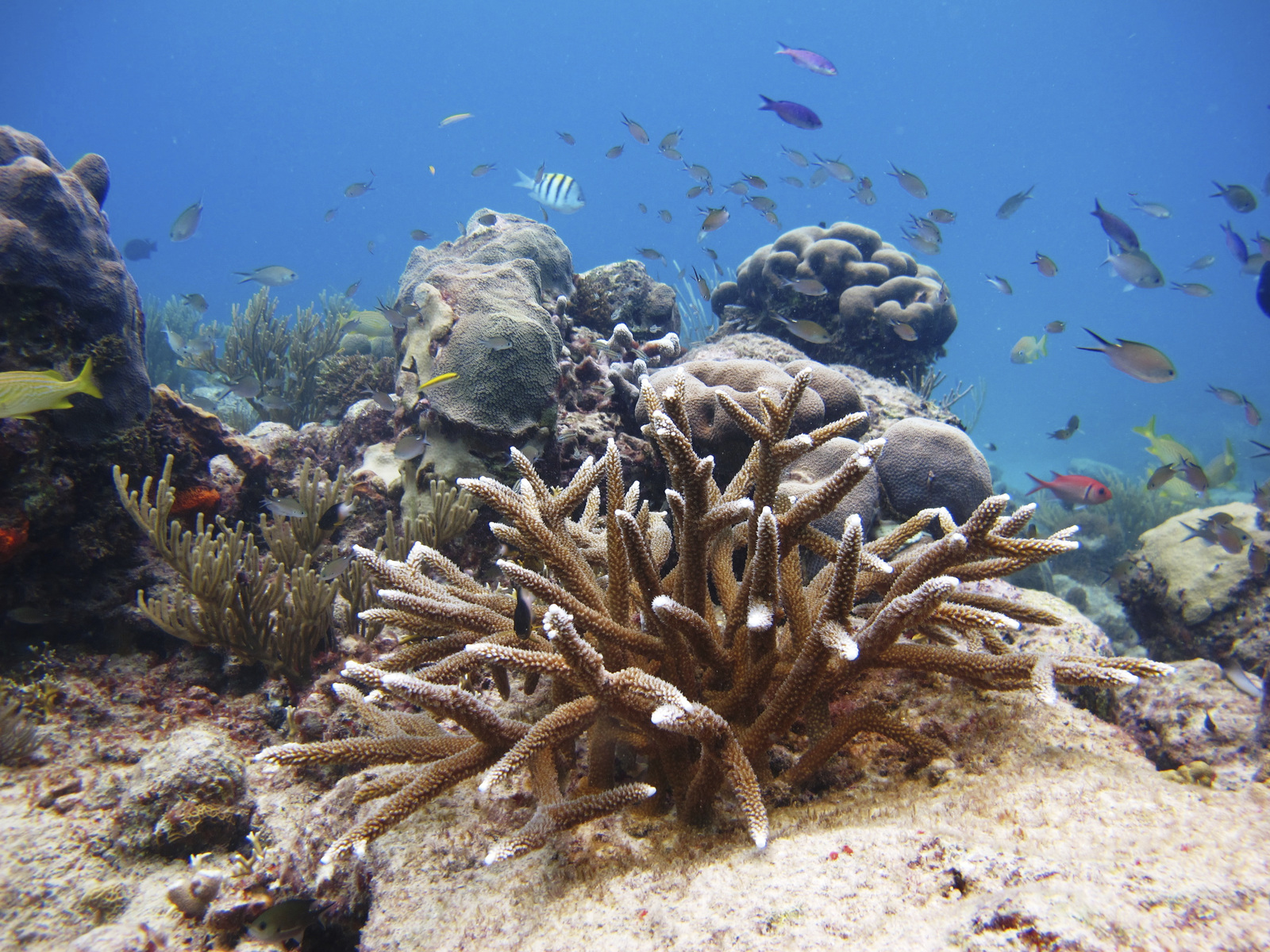
It’s not loo late for coral reefs
In a new article published today in the world’s leading academic journal, Science, Mark Spalding, Senior Marine Scientist for The Nature Conservancy looks at the broad issues surrounding the current situation of coral reefs and highlights points of hope. “There is growing concern around coral reefs,” said Spalding.
Preparing for Coral Bleaching – Outlook and Lessons in Monitoring & Response
Dr. Mark Eakin of NOAA Coral Reef Watch and Chris Bergh of TNC Florida discuss the bleaching outlook for the Southern Hemisphere this year and guidance for managers to better prepare and respond to bleaching events. This webinar includes a discussion of the influence...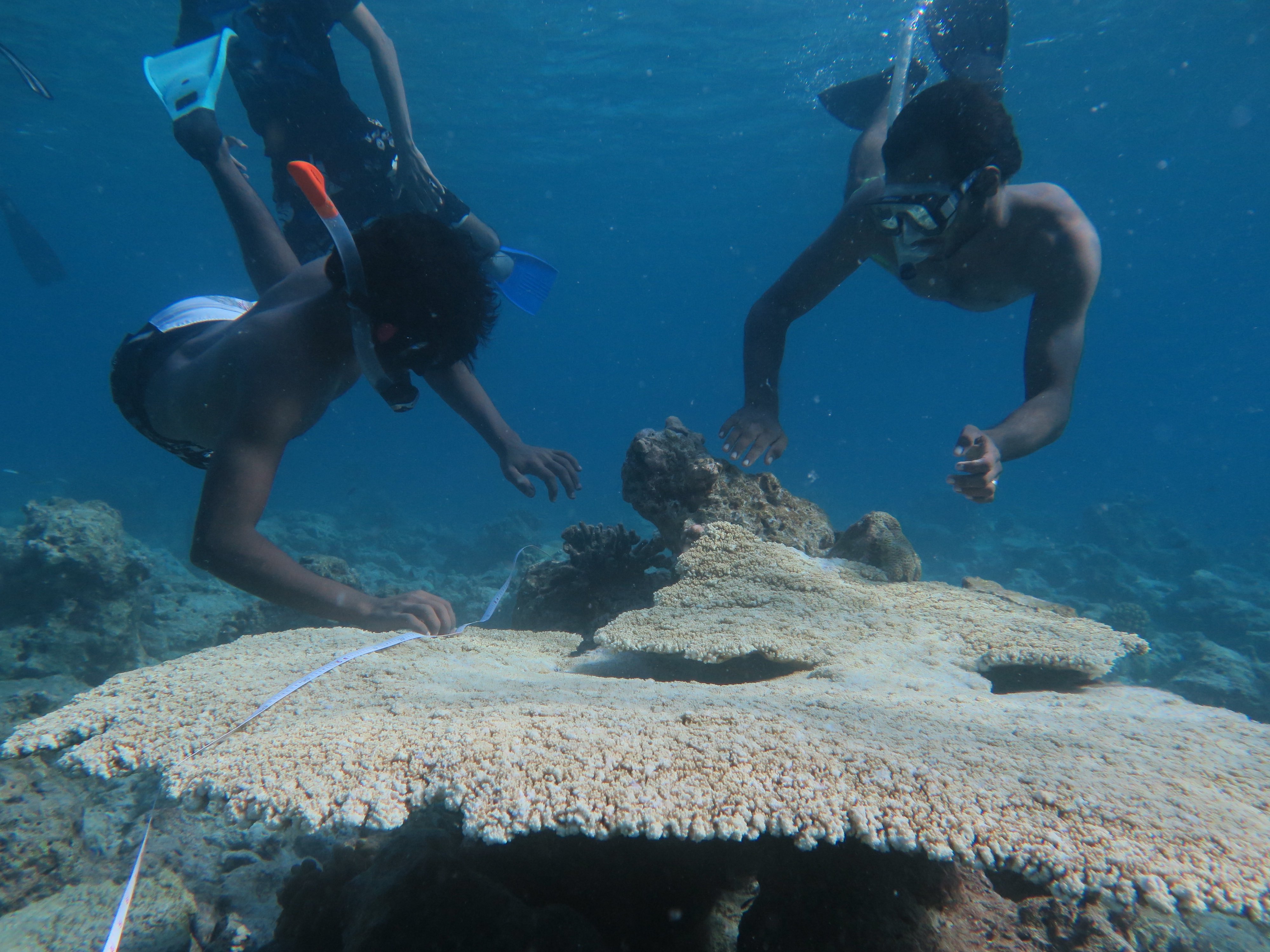
Behind-the-scenes on Project REGENERATE
Project REGENERATE, a collaborative conservation science and management project to enhance the resilience of social-ecological coral reef systems in the Maldives, supports the sustainable management of coastal resources, particularly coral reefs, in order to build economic, social, and environmental resilience to the adverse effects of climate change.
Preparing for Coral Bleaching – Outlook and Lessons in Response
Dr. Mark Eakin (NOAA Coral Reef Watch), Britt Parker (NOAA Coral Reef Conservation Program) and Anne Rosinski (Hawaii Division of Aquatic Resources) discuss the bleaching outlook for the Northern Hemisphere this year and provide guidance for managers to better prepare...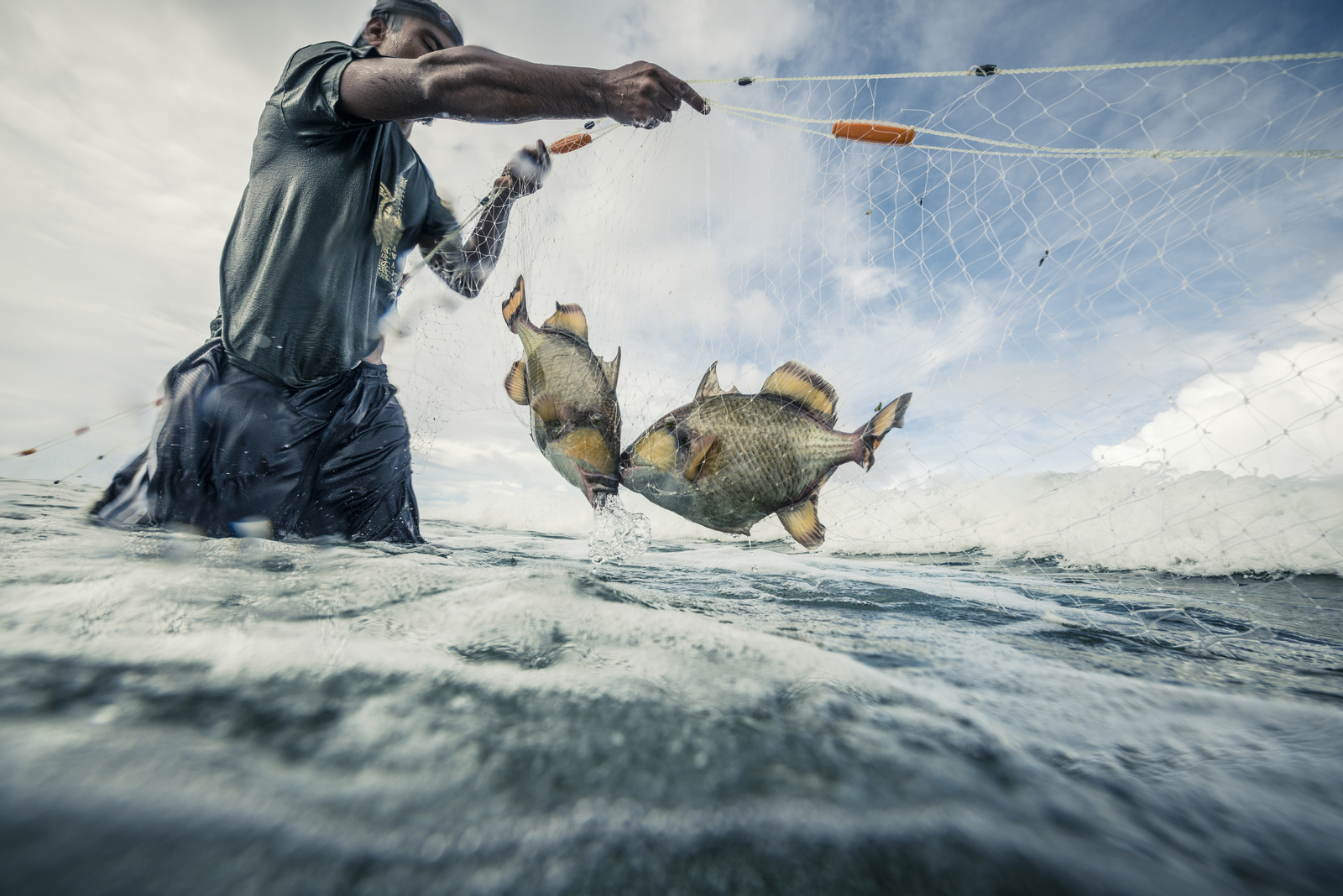
We’re excited to announce a new coral reef fisheries module!
The module features the latest coral reef fisheries science and management strategies.
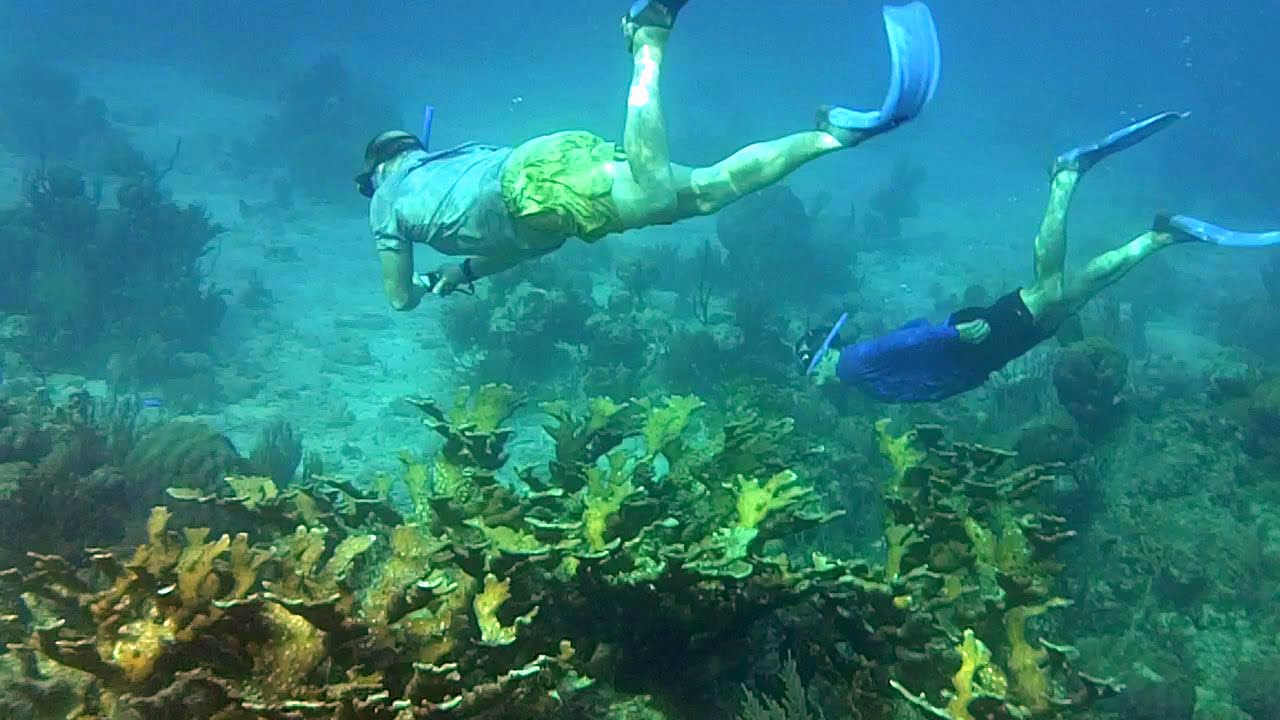
The Nature Conservancy in Cuba: A major step in protecting Caribbean resources
The Nature Conservancy has partnered with Cuban conservation agencies for more than 20 years, providing trainings such as protected area management and planning, GPS and GIS, coral reef monitoring, climate adaptation, and sustainable tourism that otherwise would not be available.
Exploring Enforcement Strategies for Marine Protected Areas
Marcel Bigue of WildAid discusses designing and implementing enforcement systems for both small and large MPAs. The webinar provides an overview of the law enforcement chain, the basics behind integrated coastal surveillance systems and how WildAid has applied...Using Wastewater Treatment Technologies to Reduce Nutrient Pollution Impacts on Coral Reefs
Jim Bays, Technology Fellow at CH2M HILL discusses wastewater treatment technologies ranging from low-tech onsite treatment to large system level upgrades that improve public health and mitigate nutrient pollution impact to coral reefs and sensitive marine ecosystems....New and improved Network Forum
Check out our interactive online community to connect and share with other coral reef managers and practitioners from around the world about marine management.
Accelerating Change Through A Social Marketing Campaign For Grouper In Fiji
Scott Radway, Executive Director of SeaWeb Asia Pacific, discusses accelerating change through social marketing in Fiji. Radway presents on the 4FJ campaign which has – within the last six months – galvanized support for reducing fishing pressure on grouper in Fiji...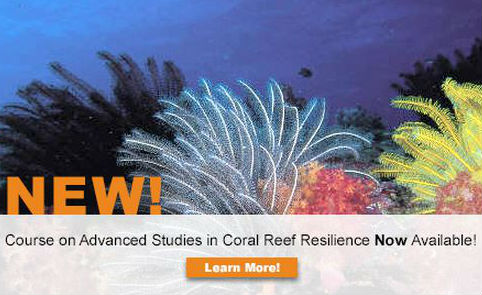
New Reef Resilience Online Course Launched
Check out the six new modules on stressors affecting coral reefs, guidance for identifying coral reef resilience indicators, design principles for resilient MPA networks, methods for implementing resilience assessments, and important communication tools for managers.
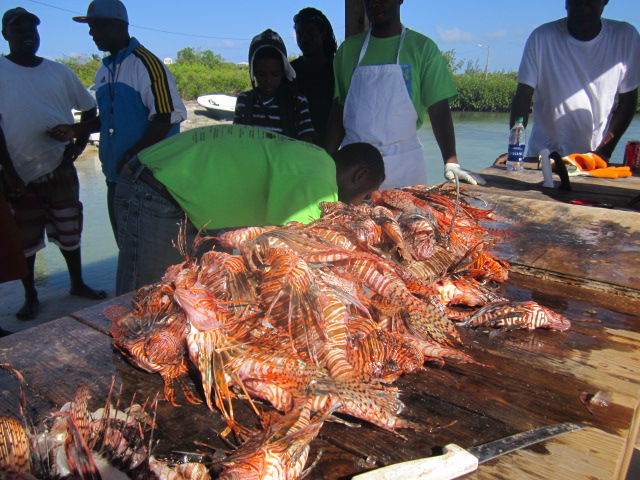
Lionfish invasion in the Caribbean – Mitigating the Threats of Invasive Alien Species in the Insular Caribbean (MTIASIC)
The Bahamas has taken the lead to address the lionfish invasion, creating a Lionfish Taskforce to document, collect, and remove lionfish from Bahamian waters. The Taskforce includes representatives from government agencies and local NGOs. Preliminary results from a pilot project to remove lionfish in the Bahamas suggest that invasive species can be effectively managed through public-private sector partnerships with substantial benefits for biodiversity and local economies.
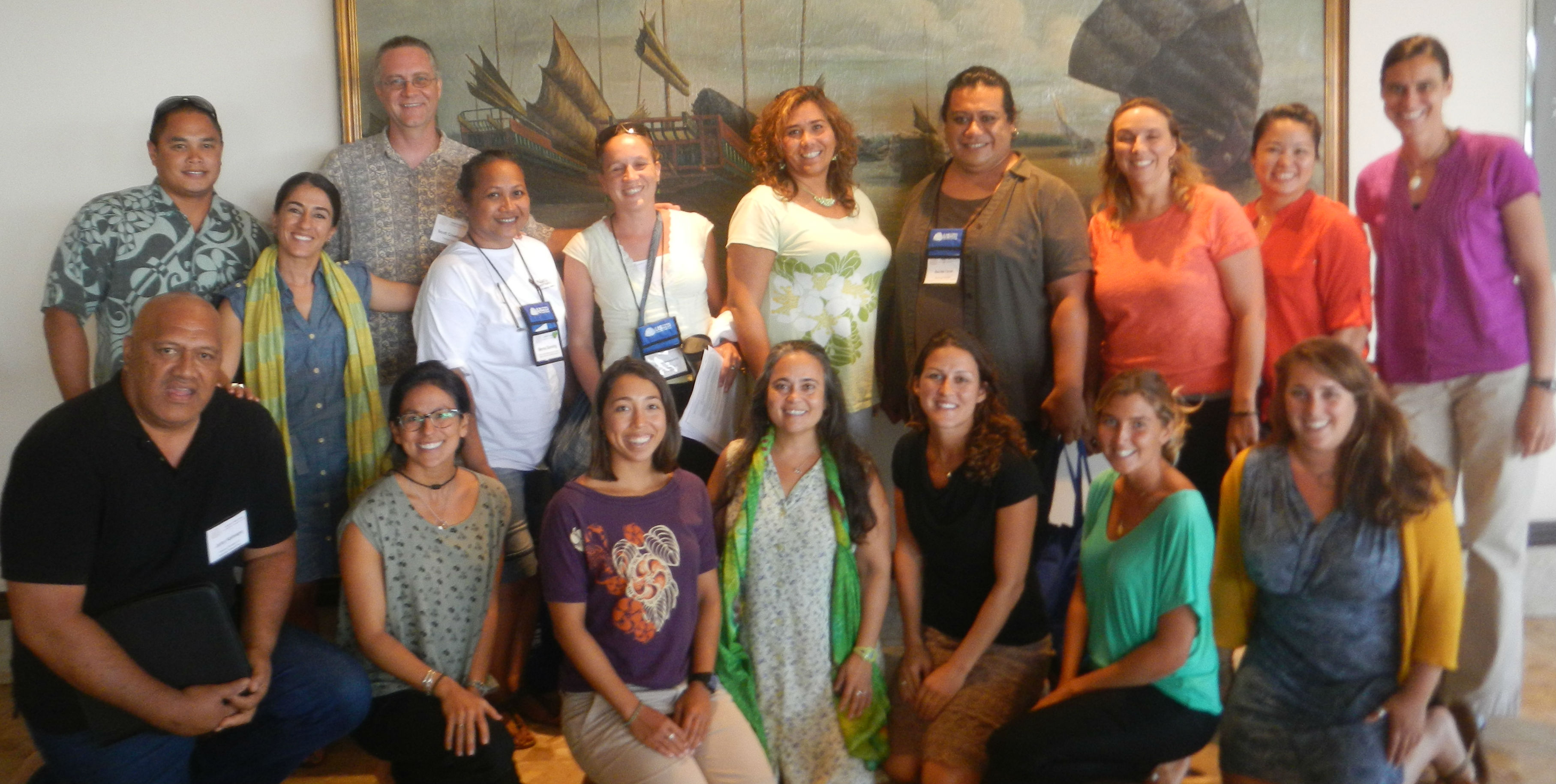
Pacific managers participate in Strategic Communications Learning Exchange
From September 9-11, 2014, fourteen practitioners from Hawaii, American Samoa, Guam, the Commonwealth of the Mariana Islands, and Yap participated in a Strategic Communications Learning Exchange in Maui, Hawaii.

New resource for Caribbean coral reef managers
This new handbook provides tools, information, and management recommendations for coral reef managers highlighting the latest scientific research on reefs and resilience to inform management actions.
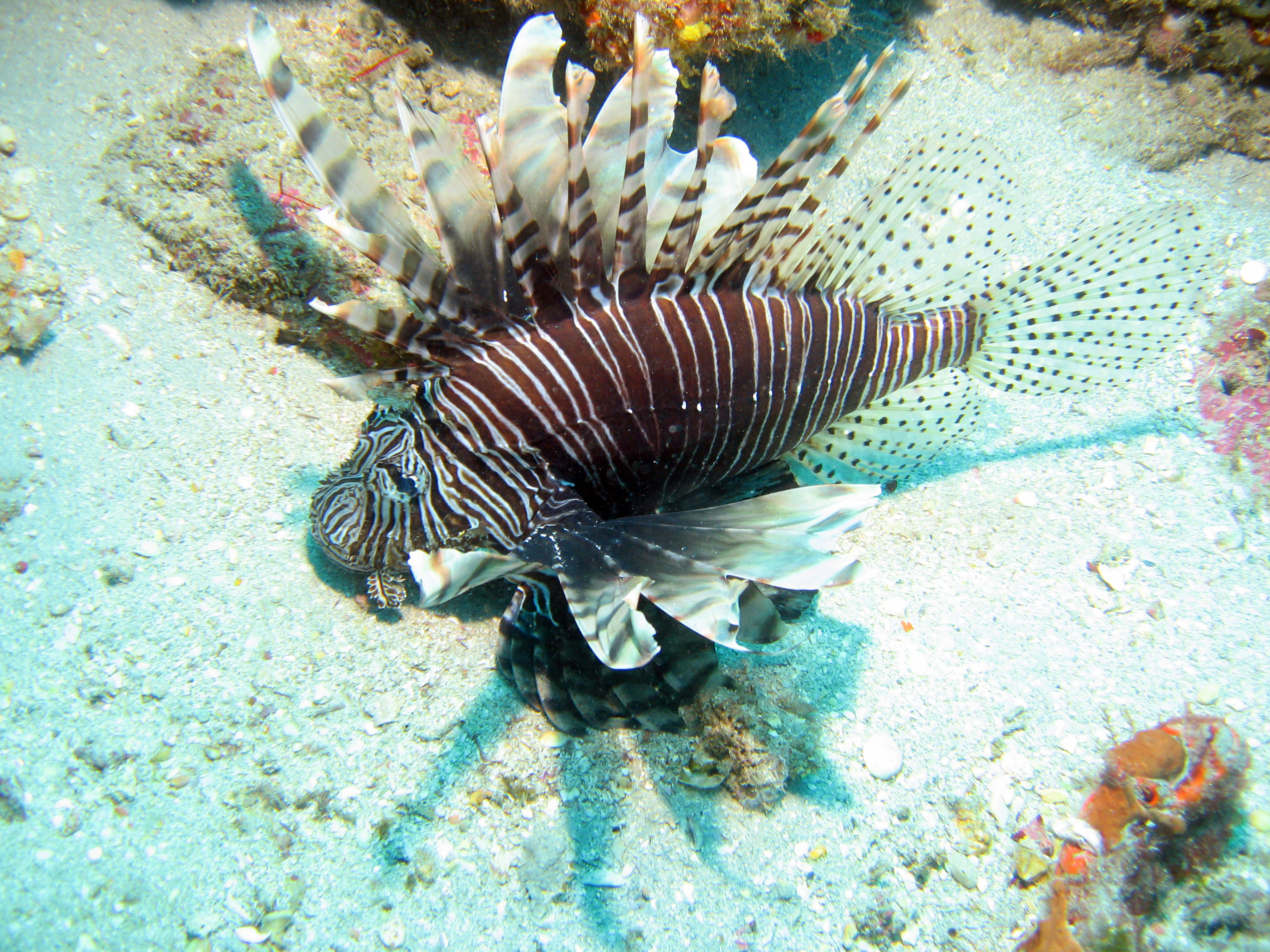
News round up
Read about a few new resources and articles for coral reef managers: New handbook for Caribbean coral reef managers New Coral Reef Watch products Lionfish hunters New comprehensive online database of MPAs in the Philippines Reef resilience in French...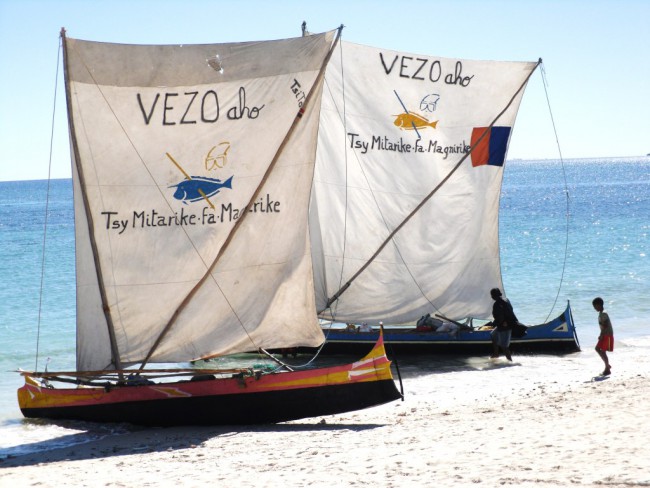
Social marketing campaign engages Madagascar fishing villages in sustainable fishing practices
Can social marketing campaigns affect fisheries in Madagascar? Yes, they can, by using messages on the radio, banners, posters, t-shirts, and festivals to change a communities’ way of thinking about fisheries management issues.


